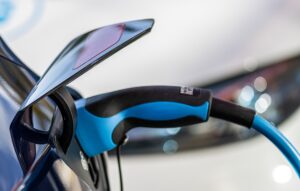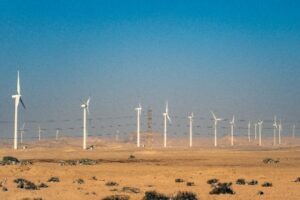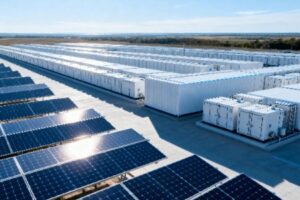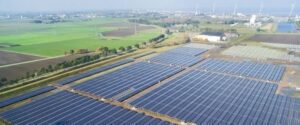Nearly $2B in EV charging infrastructure needed by 2028 to service Southeast Michigan


(Image by Marek Studzinski from Pixabay)
Hundreds of thousands of new electric vehicle (EV) chargers will need to be built over the next several years to service Southeast Michigan, DTE Energy (DTEE) said in its latest Transportation Electrification Plan (TEP), but the utility won’t front the whole cost of the estimated nearly $2 billion investment it says is required to meet its service area’s EV charging needs by 2028.
DTE filed the TEP in Case No. U-21538 in compliance with a request made by the Michigan Public Service Commission (MPSC) to “submit a full scale, well-developed, permanent Charging Forward proposal that includes a BCA [benefit-cost analysis]” in November 2022 (Charging Forward is the name of the company’s EV charger rebate program).
As a result, DTE spent more than a year analyzing data and engaging stakeholders to evaluate its role in meeting the state of Michigan’s renewable energy goals. Its resulting plan aims to encourage EV adoption amongst low- to moderate-income Michigan families, support EV-focused educational programs and resources, and upgrade Michigan’s EV charging infrastructure.
While there are only 46,000 EVs on the roads in Southeast Michigan today, DTE forecasts the need to support as many as 326,000 by 2028. Therefore, DTE estimates 238,000 incremental chargers will be needed in its service territory over the four-year TEP time horizon, requiring nearly $1.9 billion of infrastructure investment. The company recommends that sizeable sum come from a mixture of public, private, government, and utility funds.

DTE says it will “fully support” the necessary infrastructure investment through utility make ready, but the proposed programs in its TEP support only 19,300 chargers, with rebates – which comprises the “utility portion” of the investment for Southeast Michigan, DTE said. The remaining roughly 220,000 other chargers noted in the TEP will have to come from elsewhere.

DTE says its TEP portfolio results in $56 million rate relief for its customers for the full investment. The submitted TEP includes a proposal of more than $100 million in EV charger rebates over four years (2025 – 2028) for residential, business, and public EV charger installations. You can read the rest of the TEP’s analysis and recommendations in all its 54-page PDF glory below.
Not everyone is convinced utilities should own EV stations. Last year, a report authored by Grid Strategies and Electric Advisors Consulting argued that EV charging stations will better serve EV owners if lawmakers and regulators enable a level playing field for competitive providers, arguing that “utility ownership of EV charging stations is generally not in the public interest.”

The report said that extending the monopoly position of utilities into the EV charging sector would hurt the EV charging public and, by extension, the overall effort to electrify transportation, and recommended banning or disfavoring utility ownership of EV charging stations.
Originally published in POWERGRID International.




